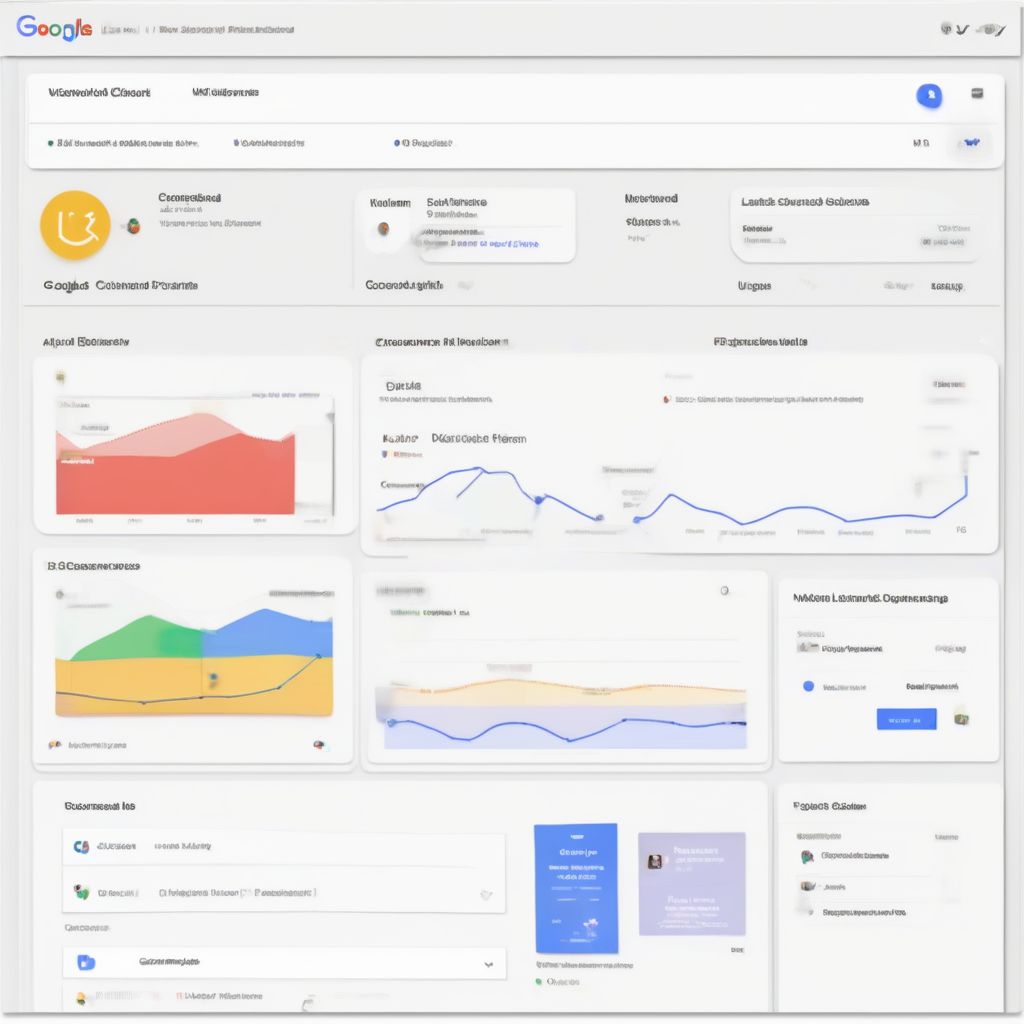In today’s digital age, businesses are constantly seeking innovative ways to connect with their target audience and streamline their marketing efforts. This is where Marketing Cloud comes into play. But what exactly is Marketing Cloud, and how can it benefit your business?
This comprehensive guide will delve into the depths of Marketing Cloud, exploring its definition, importance, and answers to common questions surrounding this powerful marketing solution.
Unpacking the Term: What Is Marketing Cloud?
In essence, Marketing Cloud is a comprehensive customer relationship management (CRM) platform that empowers businesses to deliver personalized customer journeys across various channels. Imagine having a centralized hub to manage all your marketing activities, from email campaigns and social media engagement to data analytics and customer segmentation. That’s Marketing Cloud in a nutshell.
Instead of utilizing disjointed tools for separate marketing tasks, Marketing Cloud provides a unified platform to manage interactions with your audience. This allows you to nurture leads, personalize marketing messages, automate marketing workflows, and ultimately drive conversions.
The Importance of Marketing Cloud in Today’s Business Landscape
In an increasingly competitive market, businesses need every advantage they can get. Here’s why Marketing Cloud is no longer just a luxury but a necessity:
- Personalized Customer Experiences: Consumers today expect tailored experiences. Marketing Cloud enables you to gather valuable data about your audience’s preferences and behaviors, allowing you to personalize content and offers for higher engagement.
- Marketing Automation: Imagine automating repetitive tasks such as sending welcome emails, birthday messages, or abandoned cart reminders. Marketing Cloud makes this possible, freeing up your team’s time to focus on strategic initiatives.
- Data-Driven Decision Making: Marketing Cloud provides powerful analytics and reporting tools, giving you insights into campaign performance, customer behavior, and return on investment (ROI). These data-driven insights empower you to optimize campaigns for better results.
- Multi-Channel Engagement: Reach your audience effectively by connecting with them through their preferred channels. Marketing Cloud allows you to manage email marketing, social media engagement, mobile messaging, and more – all from a single platform.
FAQs About Marketing Cloud
Navigating the world of marketing technology can be overwhelming. Let’s address some frequently asked questions about Marketing Cloud:
What are the key features of Marketing Cloud?
Marketing Cloud offers a wide array of features, but some key ones include:
- Email Studio: Create targeted email campaigns, personalize content, and track performance.
- Journey Builder: Design automated, multi-step customer journeys across different touchpoints.
- Social Studio: Manage your social media presence, schedule posts, engage with followers, and track campaign performance.
- Analytics Builder: Analyze data from various sources to gain valuable insights into customer behavior and campaign effectiveness.
What are some examples of Marketing Cloud in action?
- Personalized Email Campaigns: An online retailer uses Marketing Cloud to send personalized product recommendations to customers based on their browsing history and past purchases.
- Automated Welcome Series: A software company utilizes Marketing Cloud to automate a series of welcome emails, providing new subscribers with valuable resources and guiding them through the onboarding process.
- Social Media Engagement: A travel agency leverages Marketing Cloud to schedule and track social media posts, monitor brand mentions, and engage with potential travelers in real-time.
What are the benefits of using Marketing Cloud over other marketing tools?
- Centralized Platform: Manage all your marketing activities from a single location instead of juggling multiple tools.
- Scalability: Marketing Cloud can grow with your business, accommodating your evolving needs as you expand.
- Integration with Salesforce: If your business already uses Salesforce, Marketing Cloud integrates seamlessly to provide a 360-degree view of your customers.
Conclusion
Marketing Cloud is a powerful tool that empowers businesses to deliver exceptional customer experiences and optimize marketing campaigns for success. By leveraging its capabilities, you can personalize interactions, automate marketing tasks, and gain valuable insights to make informed decisions.
Do you have further questions about Marketing Cloud or how it can benefit your business? Share your thoughts and comments below – we’d love to hear from you!


